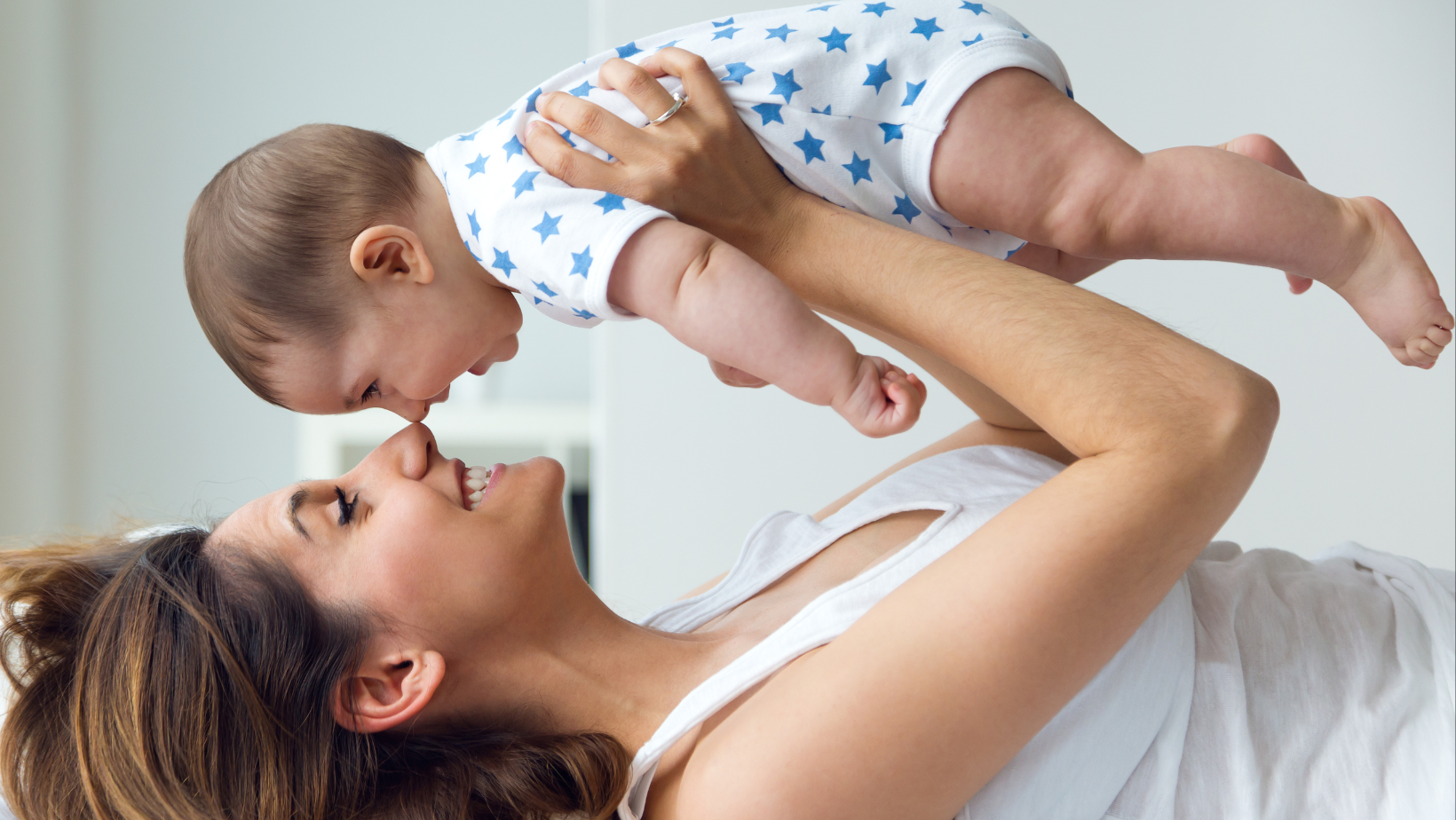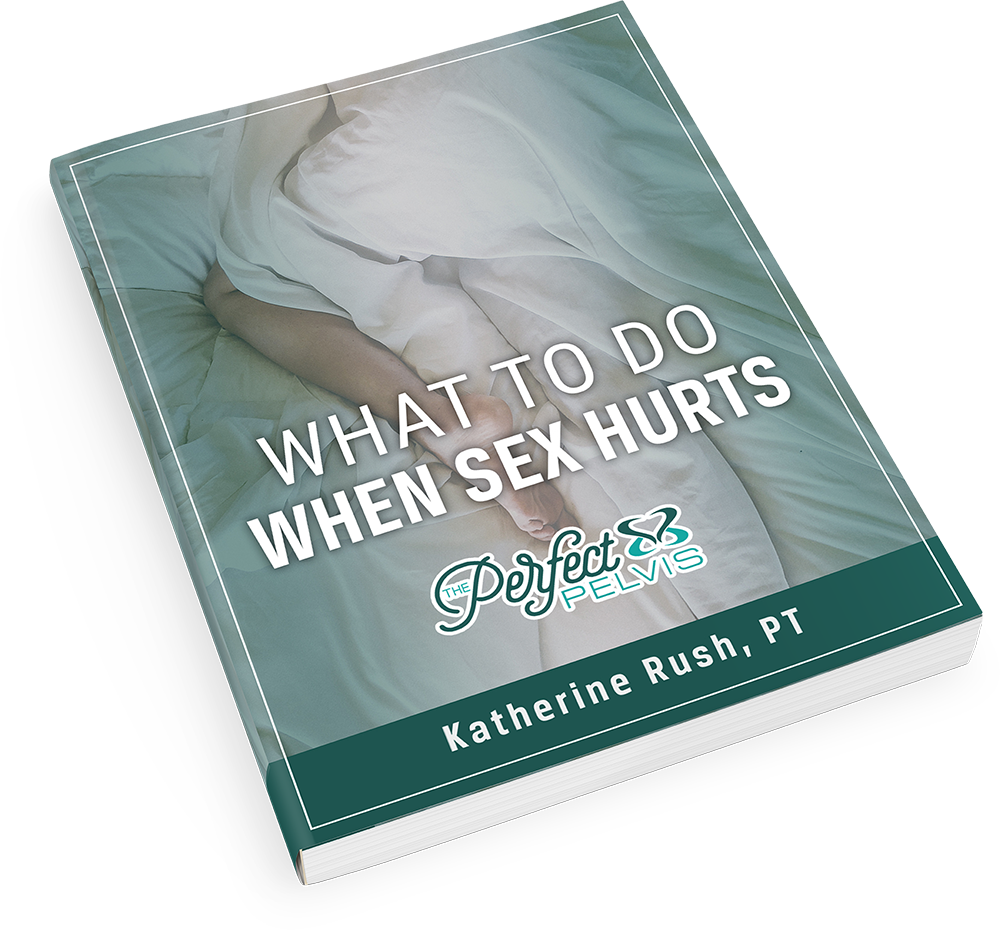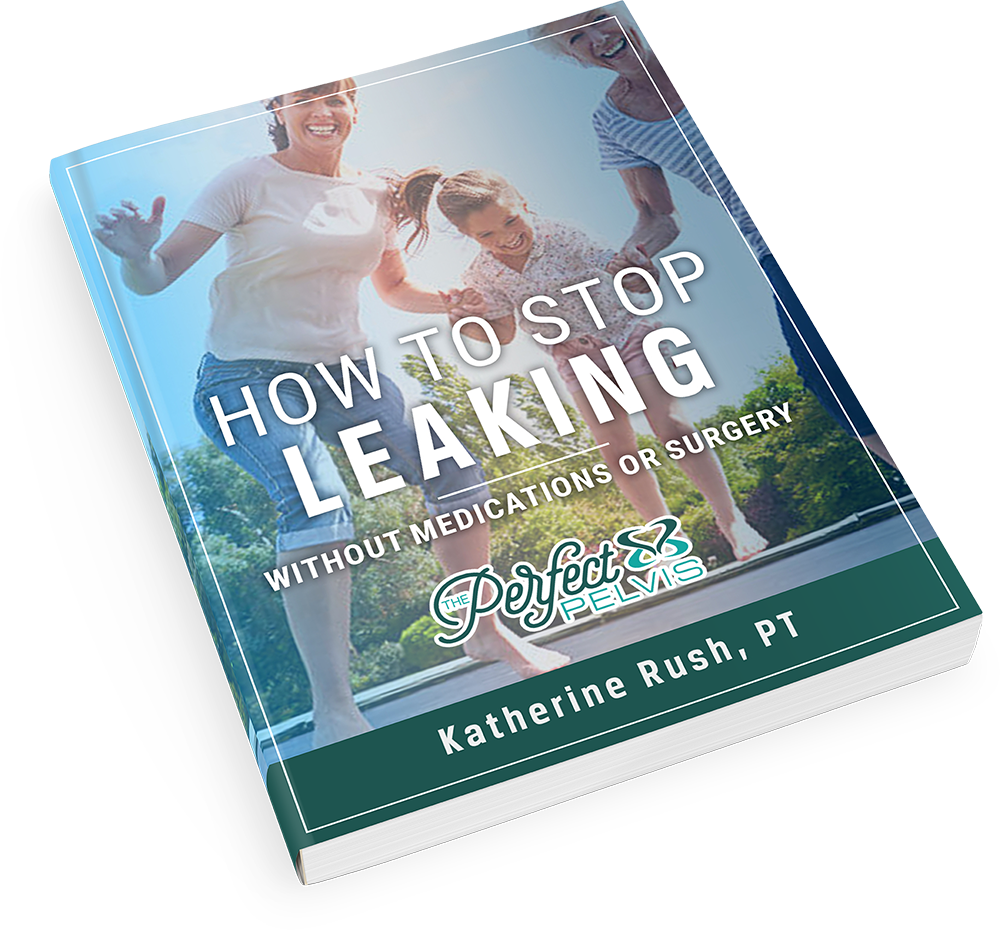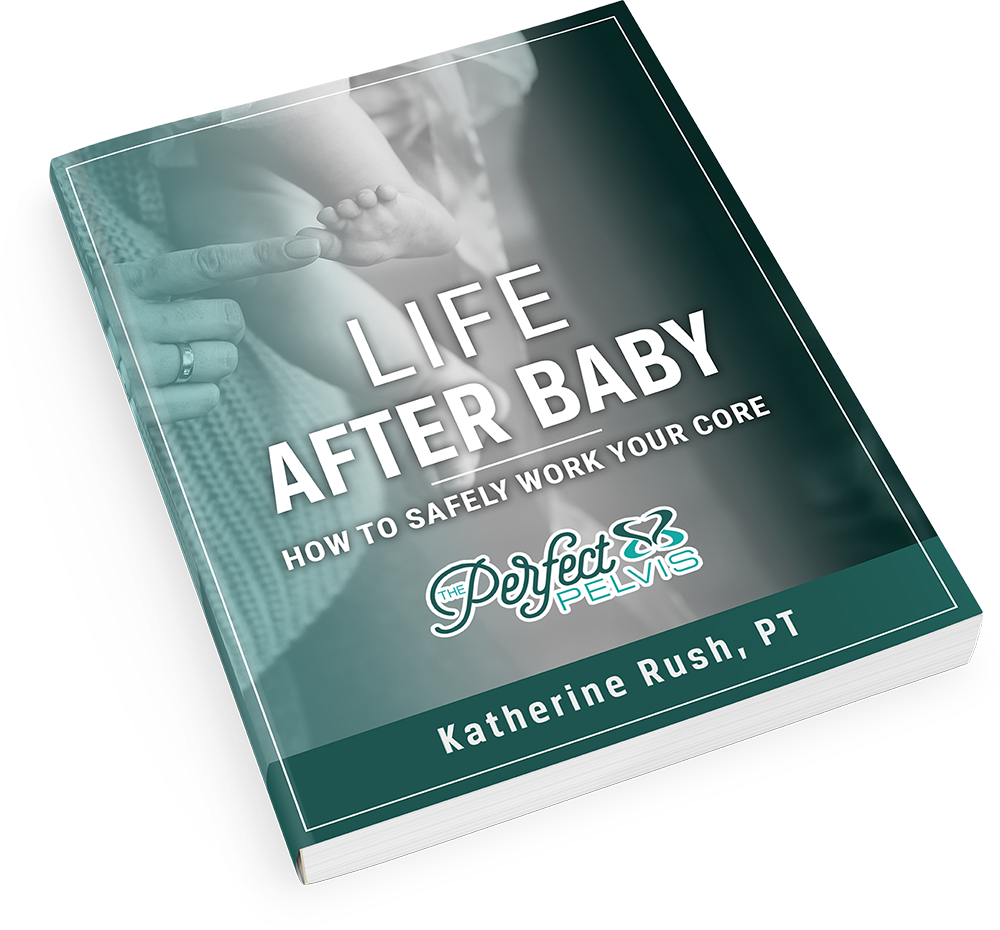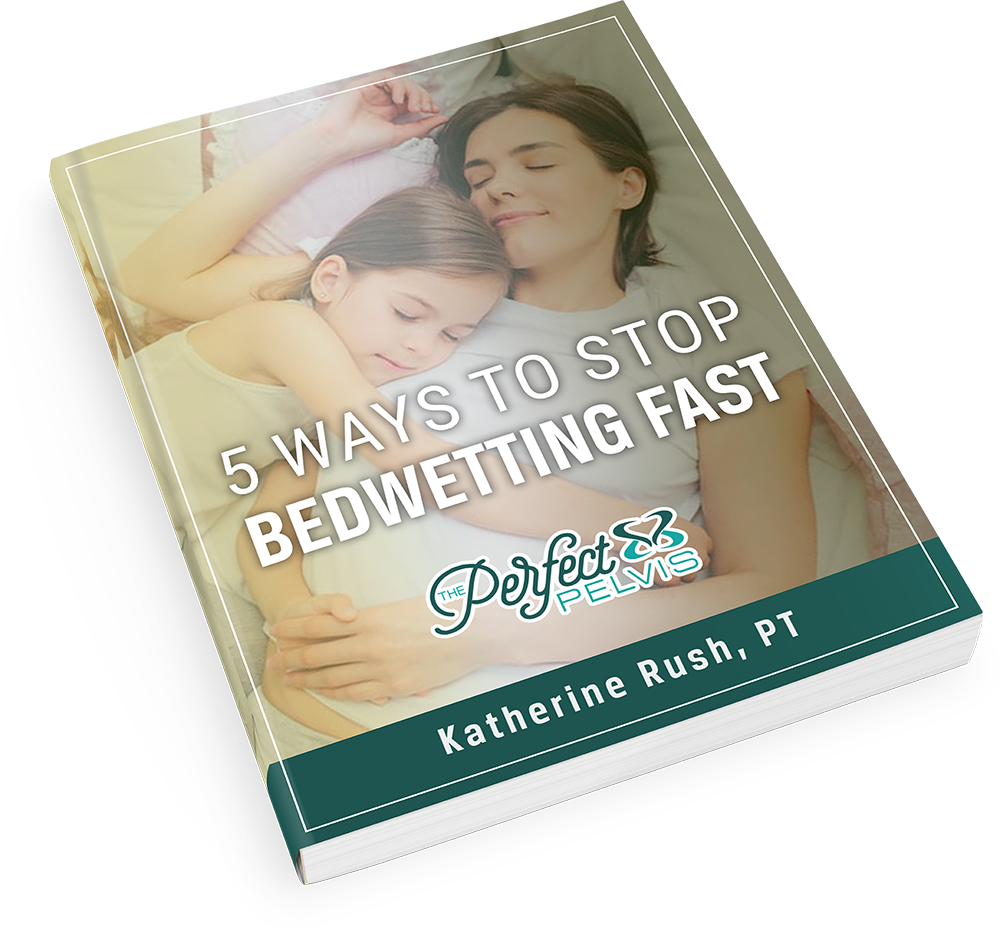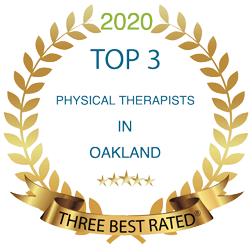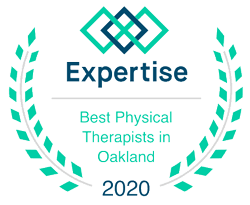Pregnancy is an exciting, yet often overwhelming time. As your body changes to accommodate a growing baby, it can be hard to keep up with the rapid physical and emotional transformations that take place. During pregnancy, your body undergoes many major changes as it prepares for childbirth and postpartum period.
The most obvious change during pregnancy is the increased size of the uterus, which expands in order to accommodate the developing fetus. In addition, you may notice other physical changes such as weight gain and stretch marks on your abdomen or breasts. Hormone levels also rise drastically during this time and can affect emotions and moods significantly.
Once the baby arrives, your body will go through another transformation as it adjusts to postpartum life. Your uterus will shrink back to its pre-pregnancy size and any stretch marks or other physical changes you experienced during pregnancy will start to fade away.
However, the hormonal changes that happened during pregnancy won’t go away right away and can still have an effect on your emotions and moods in the postpartum period.
After giving birth, it’s important to give yourself time to adjust to these changes both physically and emotionally. There are things that you can do that will help as you begin the recovery process and life after pregnancy.
Here Are Some Tips To Help Your Body Recover After Pregnancy and Giving Birth
1. Stay Hydrated: Drinking plenty of water is essential for new mothers, both during and after pregnancy. It prevents dehydration, which is important for restoring the body’s fluid balance. Additionally, staying hydrated ensures that your body has enough nutrients to help with milk production during breastfeeding.
2. Eat Healthy Foods: Eating healthy food is vital in maintaining postpartum health, as poor nutrition can slow down the recovery process from childbirth and put the mother at risk for long-term health issues such as anemia or osteoporosis. Consuming a balanced diet consisting of fruits, vegetables, whole grains, lean proteins and healthy fats helps promote good energy levels and strengthen bones and muscles throughout the postpartum period.
3. Exercise Regularly: After giving birth, it is important to begin exercising regularly in order to help the body regain its strength and tone. Low-impact exercises such as walking, swimming or cycling can be beneficial for new mothers looking to build muscle and improve cardiovascular health. Additionally, engaging in exercise helps reduce stress levels while improving sleep quality and overall fitness levels.
4. Get Enough Rest: During postpartum recovery, getting enough rest is critical for healing and rebuilding energy stores. It also helps relieve feelings of fatigue that often accompany the postpartum period. New mothers should aim for at least 7-9 hours of sleep per night; if possible, taking naps during the day is encouraged since this provides additional restorative benefits.
5. Seek Professional Support: It is common for new mothers to experience a wide range of emotions during the postpartum period, ranging from elation to anxiety and depression. Seeking professional help can be beneficial for addressing any mental health issues that may arise; talking to a therapist or joining a support group can provide invaluable support and resources for dealing with the physical and emotional changes associated with parenthood.
6. Practice Self-Care: Taking care of yourself after giving birth is essential in order to ensure your own well-being as well as the health of your baby. Practicing self-care activities such as yoga, meditation, reading or simply taking time out to relax can have a calming effect on both the mind and body. Additionally, these activities help manage stress levels and promote a sense of balance during the postpartum period.
By understanding the physical and emotional changes associated with pregnancy and the postpartum period, new mothers can take proactive steps in order to ensure their own well-being while also providing care for their newborn. From staying hydrated to getting enough rest and taking time out for self-care activities, following these tips can help women navigate through this life-changing period in their lives with confidence.
How Physical Therapy Can Help In Dealing With The Changes Your Body Experiences During Pregnancy and Giving Birth
The body experiences a range of changes during pregnancy and childbirth. Common physical changes include an increase in weight, backaches, swollen feet and ankles, heightened sensitivity to heat, shortness of breath, fatigue, and incontinence. These common issues can be alleviated with the help of a physical therapist.
Physical therapy is essential for postpartum recovery because it can help to reduce pain and restore normal movement patterns. The main goals of postpartum physical therapy are to improve muscle strength and endurance while restoring pelvic floor function.
Specific treatments such as therapeutic exercises, manual techniques, core stabilization exercises, aquatic therapy, electrical stimulation, ultrasound therapy or kinesiotaping may also be used depending on the individual needs. Exercises will help reduce pain, restore strength and range of motion, improve posture and alignment, and restore normal movement patterns.
In addition to physical therapy, lifestyle modifications such as proper nutrition and rest are also important in postpartum recovery. Eating nutrient-rich foods will help to maintain energy levels and promote healing.
Proper sleep is vital for the body’s repair process; getting enough quality sleep can help you feel more energized during the day. It’s also important to connect with other people in a positive way, whether that be through social media or real life events. This can create a sense of community and provide support during your postpartum journey.
Overall, it is important to take the time to care for yourself after childbirth. Physical therapy can be extremely beneficial for postpartum recovery and is an important part of your journey. It can help reduce pain, restore strength and normal movement patterns, improve posture and alignment, and ultimately get you back to feeling like yourself again. With proper nutrition, rest, exercise, and social support, you will be able to build a strong foundation that will set you up for life after pregnancy and birth.
Experiencing Changes During Postpartum and Have Questions About the Recovery Process
If you are struggling with pain or soreness that won’t go away, experience other issues mentioned above, or have questions about the postpartum recovery process, feel free to schedule a free phone consult, or contact us to arrange a $57 screening. You can also feel free to give us a call at 816.607.3747 (We still like to talk on the phone!)
We are offering a $57 postpartum screening which will help us begin the discussion the changes your body has or is experiencing after pregnancy and birth.
We love to keep people in Lee’s Summit, mobile, active, and off pain pills – let our expertise go to work for you to help you stay happy and healthy.
Don’t forget, you can schedule a no-obligation (and free!) phone consult or visit us at our Lee’s Summit clinic as part of your $57 screening visit. Or just give us a call at 816.607.3747.
We look forward to hearing from you,
Katy Rush, PT
Other Free Resources To Help With Postpartum Recovery
Download our free report – Life After Baby – How To Safely Work Your Core
Read our blog- What to Expect in Postpartum Recovery
Read out blog- 7 Exercises for Postpartum Recovery
Follow Us On Social Media – Facebook, Instagram, Twitter, and LinkedIn

